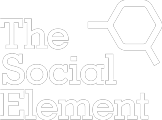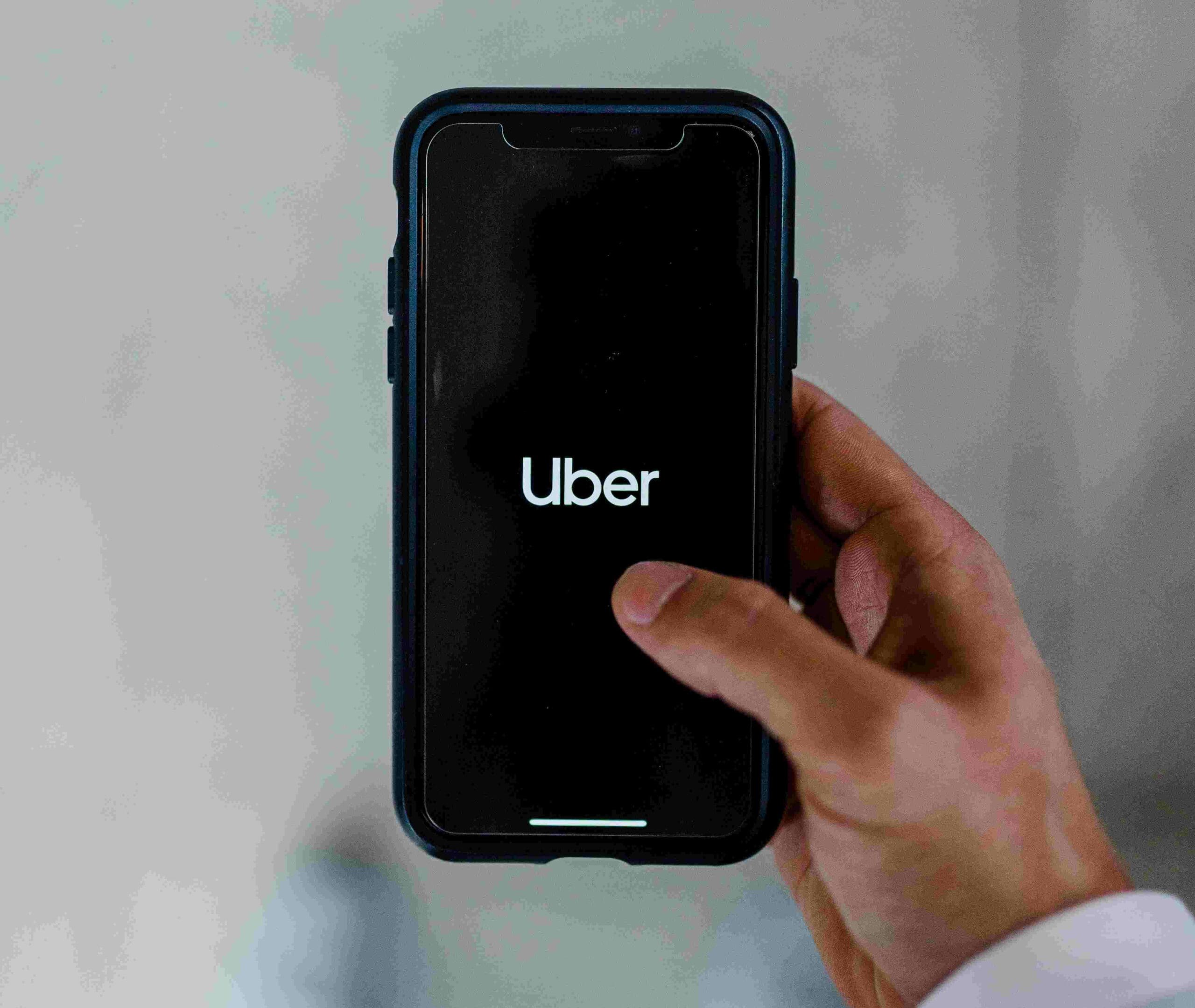Are we moving closer to adopting a social score system like China’s? It’s not as far-fetched as the idea sounds.
China’s Social Score system
The Chinese state rewards citizens for performing actions it deems positive, and punishes them for doing anything it frowns upon, by adding or removing points on their social score. The programme will be nation-wide by 2020, but according to Business Insider, millions are already being scored on their behaviour.
Great! Some may think. It sounds like a terrific way to create a harmonious, well-mannered society. Well, while citizens get scores deducted for things like bad driving, they also get points taken away for “posting fake news online” (who defines the validity of the news?) and “buying too many video games”.
But what happens if your score is low? The Chinese government can – and has already started – banning people from travelling by plane and train. It will also throttle your internet speed if it judges that you’ve been playing that online game for too long. Sounds like an episode of Black Mirror to me!
Business Insider lists other punishments too, such as barring people from “top jobs” and preventing kids from attending the best schools.
The city of Jinan introduced point deductions for owners whose dogs “caused disturbances” or who were caught walking their dog without a lead. If their points dip low enough, the city confiscates the dog and makes the owner pass a test on regulation to get it back.
Could something similar be introduced in western countries?
At the moment, western countries are more likely to look for ways to reward and positively reinforce people for behaving in beneficial ways. For example:
- The government has studied how to reward prisoners for behaving in approved ways
- Back in 2009, the NHS ran a scheme where it paid people to lose weight
While governments could start to examine the impact of China’s social rating policy, it’s unlikely any would attempt to impose a similar system. As, unlike the Chinese government, governments of western countries have to worry about getting into (and staying in) office.
However, that doesn’t mean we’re out of the woods.
Uber will kick low scoring riders off its app
Uber’s decision to kick riders who have a low rating off the app shows that some businesses aren’t averse to a bit of social engineering themselves. The trouble is, the rating system is subjective. Much of a driver and rider’s rating appears to be determined by conversations. Does the driver say: “hello, how are you today?”. Does the passenger respond in a chirpy enough manner, or do they shut the conversation down? Does the driver/rider prefer chatting or silence? (Uber introduced a “quiet preferred” mode for its high-end customers in the U.S. in May to tackle this, which was unpopular with some drivers.)
Then, if you do have a conversation, there are many areas that can trip people up. What if the conversation turns to politics? Or one party stumbles upon an innocent-sounding subject that sets the other person off? Should someone be rated poorly for not living their life the way you want them to? What if you’re short on cash and can’t afford a substantial tip, do you deserve a poor rating for that?
Drivers have had to deal with this for years – if their rating falls below 4.6 stars they’re kicked off the app.
But applying the same rules to passengers isn’t a great message to send. In effect, Uber is turning away customers – and while some may be disruptive or rude, others will just have had a run of awkward encounters.
The Guardian quotes one driver who works for both Uber and Lyft as saying that it’s common for him to give passengers a low rating:
“He says the most common behaviors to earn a passenger a low rating includes slamming the door on the way out, rudeness, hostility, “excessive personal questions”, leaving a mess in the car or taking a very short trip. He said he has on at least one occasion given a rider one star for sitting directly behind the driver seat rather than on the passenger side of the car.”
Who knows how you need to behave to please the various drivers you travel with? The policy also risks unfairly punishing neurodivergent people.
While this is an Uber-specific issue at the moment, if more businesses adopt this policy, people will be put in a position where they’re constantly getting their behaviour policed, and rewarded or punished.
If people shy away from our governments introducing a Chinese-style social points system, they’ll likely hold businesses to the same standard. Uber may find that its new rider review policy causes more problems than it solves.






Leave a Reply